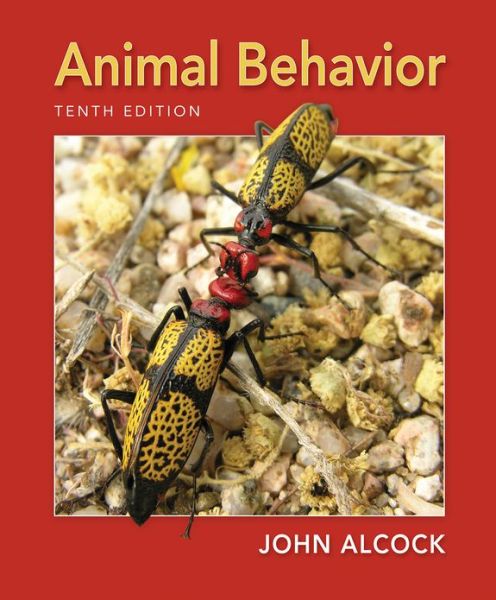Animal Behavior: An Evolutionary Approach pdf
Par hemphill james le lundi, août 17 2015, 22:01 - Lien permanent
Animal Behavior: An Evolutionary Approach. John Alcock
Animal.Behavior.An.Evolutionary.Approach.pdf
ISBN: 9780878939664 | 0 pages | 2 Mb

Animal Behavior: An Evolutionary Approach John Alcock
Publisher: Sinauer Associates, Incorporated
Aug 15, 2013 - Typically an evolutionary algorithm generates populations of virtual robots that behave within a physics-based simulation.b Each robot is then assigned a fitness value based on the quality of its behavior. The new chapter on ethics is a valuable addition, as it presents philosophical arguments linked to an evolutionary approach to human behavior." —Julie Coultas, Visiting Research Fellow, Psychology, University of Sussex. Animal Behavior: An Evolutionary Approach, 3rd Edition. May 13, 2014 - Humans are fascinated by watching our fellow animals – is that just an evolutionary hangover or something more profound? Scientific American 206 (1), 89-98 (January 1962) [PDF]. Evolutionary psychology textbooks, which is a real strength. Dec 6, 2007 - The Behavior of Lovebirds. Robots with low Evolutionary biorobotics is a blend of these two approaches: investigators build robots that resemble a particular animal, and then evolve one aspect of the robot's anatomy to investigate how the corresponding aspect in the animal might have evolved. Dogs – it is clear that early humans also depended on various 'kept' animals as beasts of burden, sources of eggs, milk, meat, and so forth, as well as perhaps employing them as colleagues in hunting, early warning detectors sensitive to the approach of enemies, . Jul 22, 2013 - Animal Behavior : An Evolutionary Approach Dana Library QL751 .A58 2013 The Cell : A Molecular Approach 6th ed. Feb 22, 2008 - About the Author. Jun 16, 2009 - Bailey recommends that fellow evolutionary biologists studying same-sex behavior in animals adopt some of the research approaches that have been successful in human studies. John Cartwright is Senior Lecturer and teaching fellow at the University of Chester, where he teaches courses on evolutionary psychology, genetics and evolution, and animal behavior. (Sunderland, Mass.: Sinauer Associates; 1984) pp 32-33.
